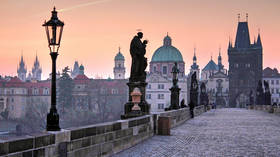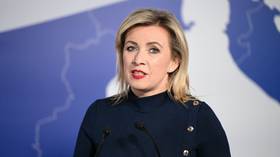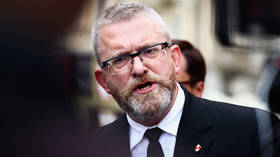PACE’s attitude towards Moscow improves
New evidence from Russia on the South Ossetian war may shed a different light on the August conflict, the President of the Parliamentary Assembly of the Council of Europe (PACE) considers.
Rene van der Linden is leading a PACE delegation visiting Moscow to discuss the consequences of the conflict.
John Laughland, Director of Studies at the Moscow-based Institute for Democracy and Co-operation, says there's a huge shift in western attitudes towards Russia.
“I think the attitude is already changing and has already changed. The president of the Parliamentary Assembly said on his visit in Moscow that he didn’t think that the report in January would demand that Russia withdraws its recognition of independence of Abkhazia and South Ossetia,” Laughland says.
Laughland stressed that is a very big change as when Rene van der Linden went to Tbilisi recently, he said that the Council of Europe would indeed demand that Russia withdraws its recognition.
“So I think we are seeing a tectonic shift now in the attitude not only of organisations like the Council of Europe, but more importantly in the attitude of the western governments who ultimately control or at least have a very great influence over these organisations. There was a lot of condemnation of Russia in August; there was a lot of emotion. There was a lot of negative media coverage. But underneath that surface of condemnation, the facts on the ground changed. Georgia’s NATO membership, I think, became a dead letter, and I think what we now see is western governments gradually accommodating themselves to the new geopolitical situation,” Laughland concluded.












